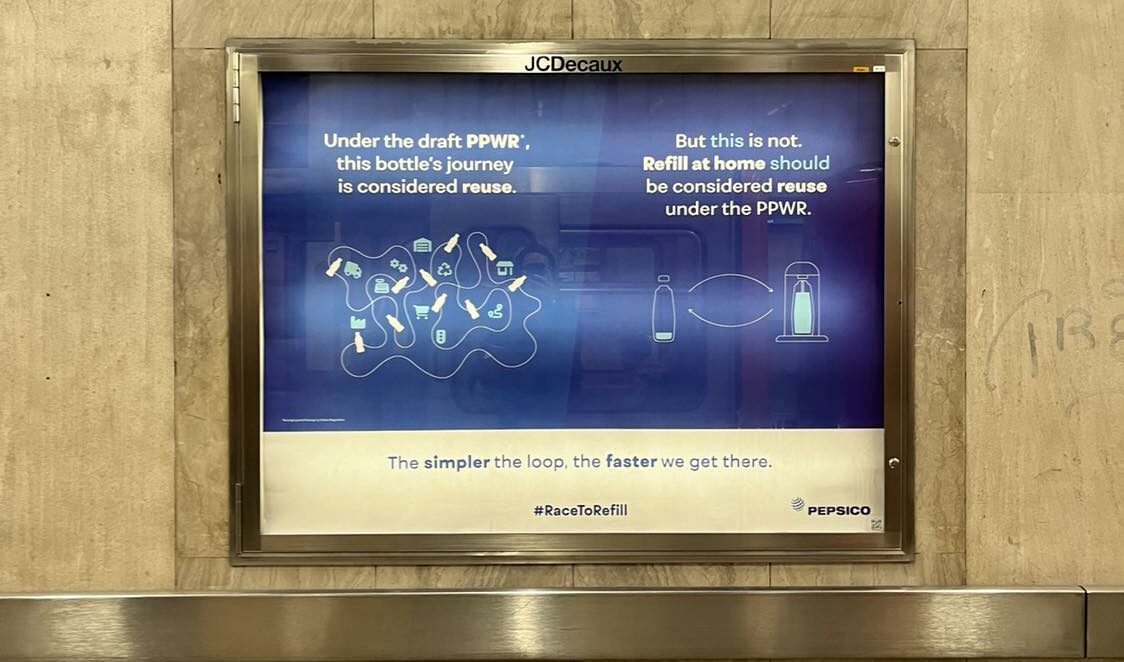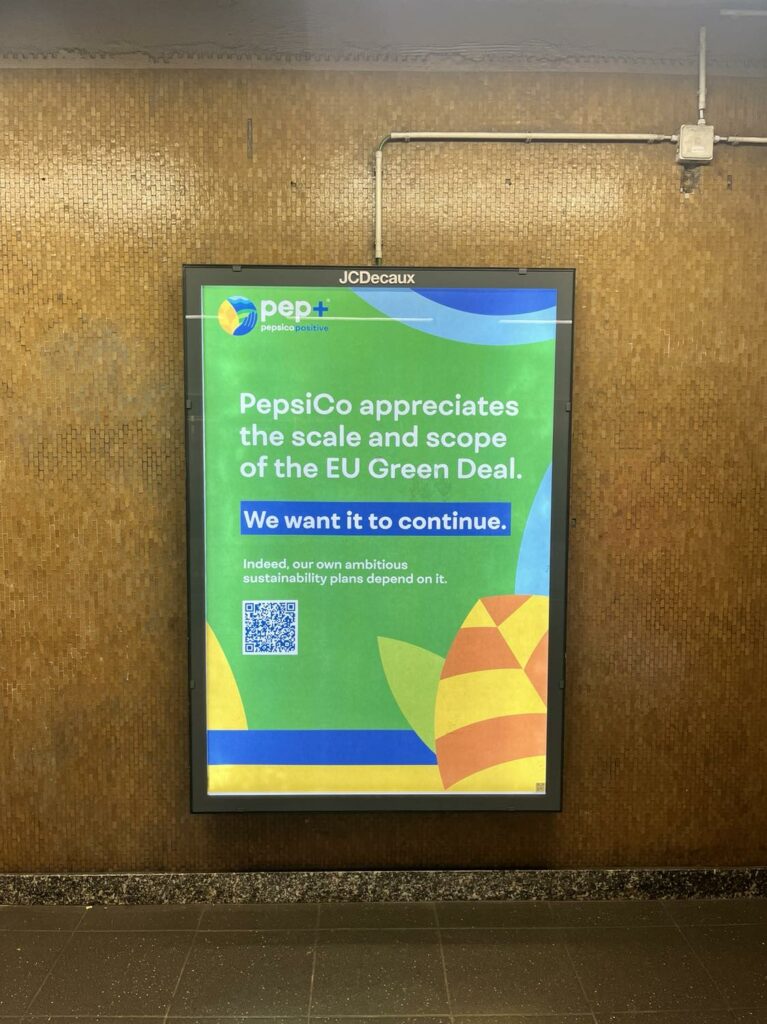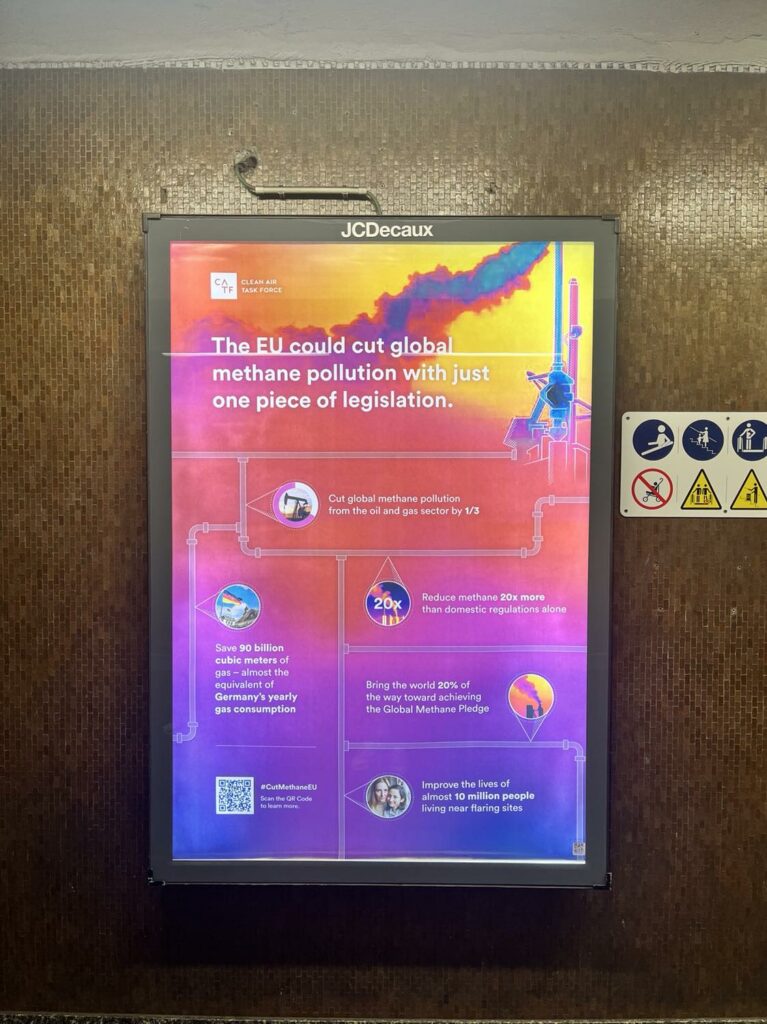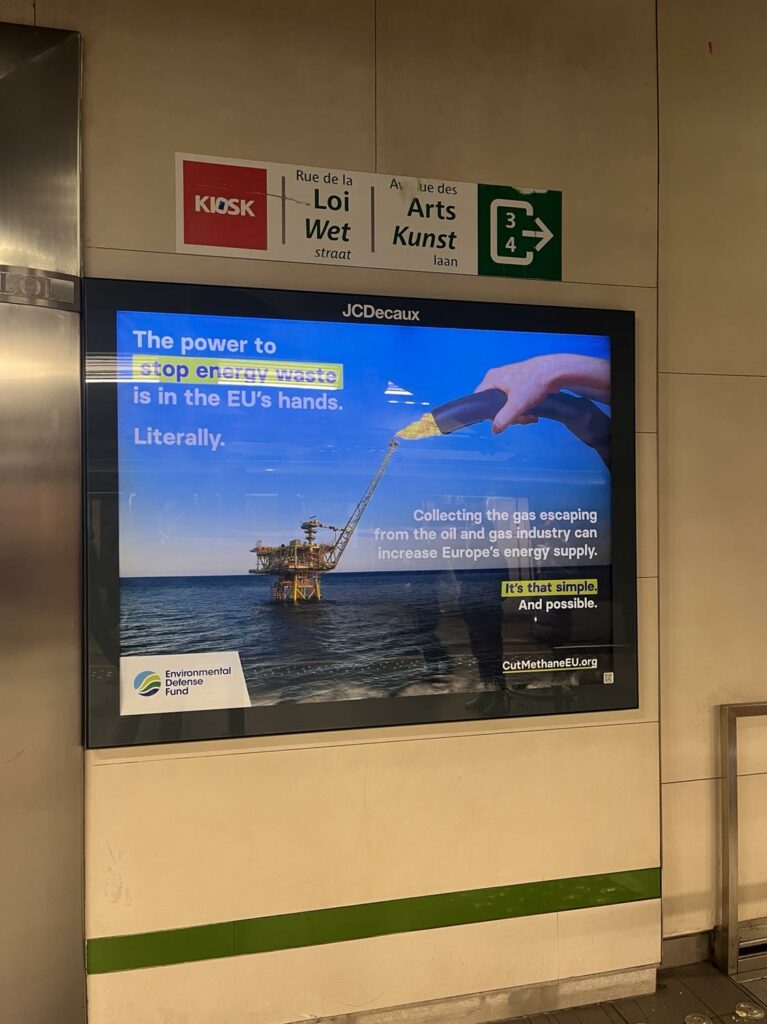Political marketing: a lobbying practice increasingly used in EU affairs (05/12/2023) – English version

A growing trend that I have been picking up in Brussels over the last few years is the increased application of marketing techniques by stakeholders, both from industry and NGOs, to promote advocacy messages and convince European lawmakers.
These ads are strategically placed in metro stations near the EU institutions (i.e. Schuman, Arts-Loi, Trône) or in news outlets read by EU decision-makers (i.e. Financial Times, The Economist, Politico). I have also noticed that large companies (in particular big tech) are increasingly hiring policy marketing experts in their public affairs team. This suggests that the modern political arena has become a new kind of marketplace where supply of policy ideas (i.e. public affairs professionals) meets demand for policy ideas (i.e. policymakers).





Political marketing is clearly gaining momentum in EU affairs. Interest groups are increasingly using marketing tactics to communicate their position with EU decision-makers on a specific legislative file or policy issue. But the growing role of marketing as a communication medium in public policy is changing the way we approach lobbying. First, it makes the lobbying practice more transparent as it uses public space to convey institutional messages where citizens are eyewitnesses. This could hint that the old times of lobbying below the radars, issuing policy recommendations behind closed-doors while keeping a low profile with the public is no longer the main practice.
Both NGOs and multinational companies seem to have understood that political marketing helps them hit two birds with one stone as it enables them to raise awareness and convey policy recommendations on critical issues while promoting their own brand and raise their profile. But such practice is also more costly for these organisations. Displaying political ads in the metro and in news outlets significantly increases the overall campaign costs. This also raises the question of affordability and fairness as only large organisations with a significant marketing budget would be able to leverage such practice.
Another interesting observation is the shift from the digital space to the physical space. Many European stakeholders seem to have moved away from advertising on Twitter / X since the takeover by Elon Musk and choose more traditional platforms to communicate their institutional messages. This is confirmed by media reports which show that Twitter has lost significant advertising revenue since its acquisition by Musk in October 2022. While social media has proven to be a great information dissemination tool, it has also shown they are less stable and reliable than traditional media.
As the intersection between politics and marketing continues to evolve, it is essential to critically examine the ethical implications of these practices. While lobbying is a legitimate aspect of democratic governance, the responsible use of political marketing in this context is crucial to ensure transparency, fairness, and the preservation of the democratic ideals that underpin our political system.
While political marketing in lobbying can be a powerful tool, ethical concerns often arise. The potential for undue influence, the distortion of public discourse, and unequal access to decision-makers are among the ethical challenges associated with lobbying efforts. Striking a balance between advocating for legitimate interests and maintaining the integrity of the democratic process remains a persistent challenge.
